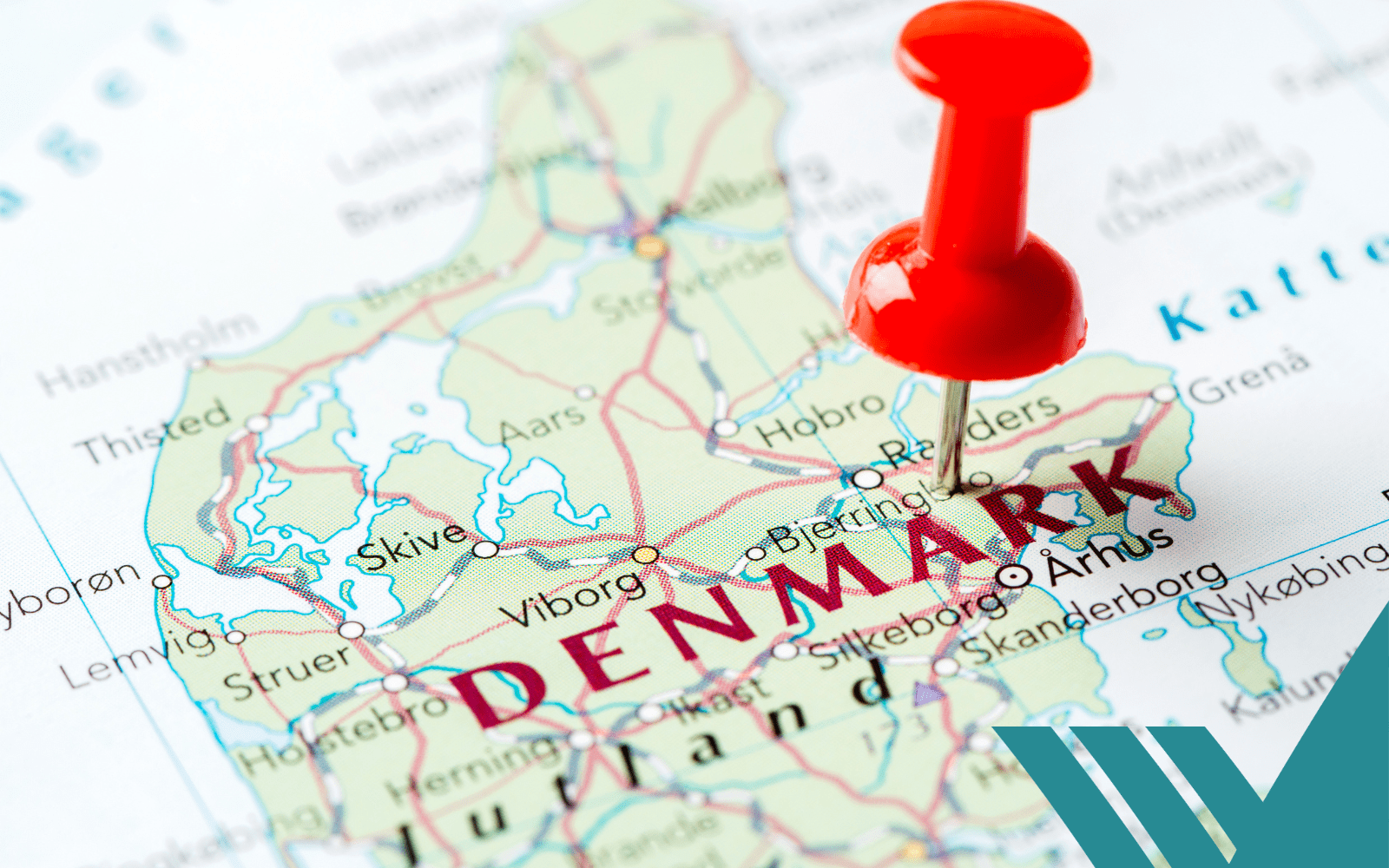Since 1 January 2025, it has been officially permitted in Denmark to have highly specialised single-use medical devices reprocessed. To make it easier for hospitals to adopt this practice, financial support has been introduced:
DKK 0.5 million in 2025,
DKK 1.5 million in 2026,
and DKK 1.0 million in 2027.
These funds are intended to help establish pilot projects and prepare the transition from single-use to more sustainable alternatives, including the use of remanufactured single-use medical devices.
Part of Grøn2030
The funding is embedded in the regional sustainability strategy Grøn2030, which aims for a 50% reduction in CO₂ emissions by 2030 and climate neutrality by 2050. Reprocessing medical devices is considered a key lever for reducing hospital waste, lowering emissions, and using resources more efficiently.
The advantages of this development are manifold. Hospitals make an important contribution to sustainability by generating less waste and keeping valuable materials in circulation for longer. At the same time, they benefit economically, as reusing products reduces procurement costs in the long term. Furthermore, reliance on global supply chains decreases – an aspect that adds an extra layer of security in the healthcare sector.
What does this mean for hospitals?
The political framework is in place, the funding has been allocated, and the path is clearly defined. Hospitals in Denmark now have the opportunity to integrate reprocessing into their daily operations. Those who take early action can not only benefit from financial support but also position themselves as pioneers in a forward-looking field.
More about the initiative hier.




